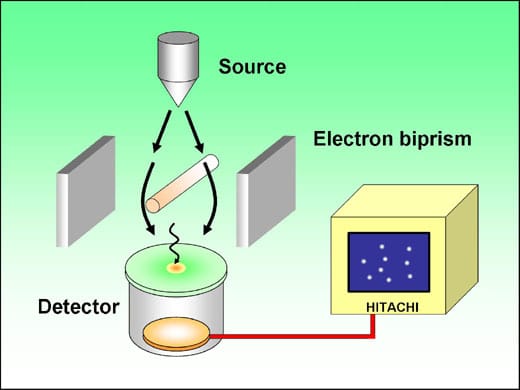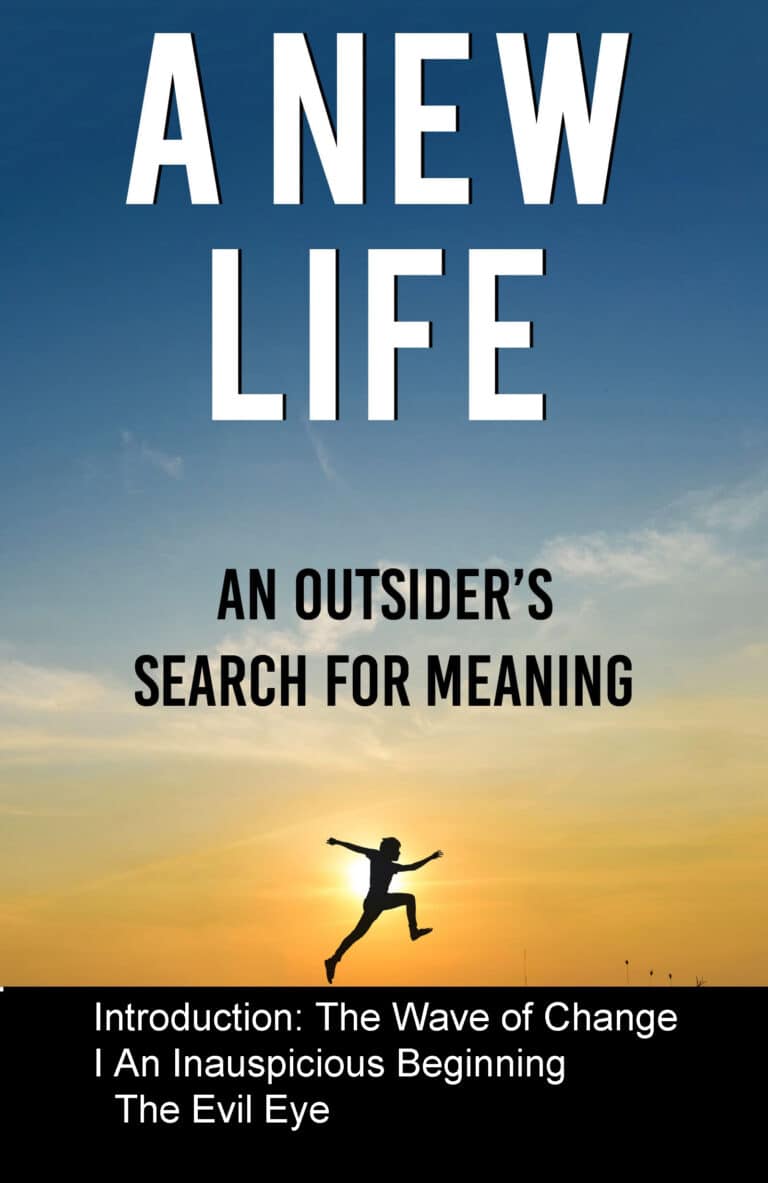Quantum Physics and Mind
Audio: Listen to this post. In January 1926, Erwin Schrödinger published in Annalen der Physik the paper “Quantisierung als Eigenwertproblem” (Quantization as an Eigenvalue Problem) that announced what is now known as the Schrödinger equation. This paper, universally acknowledged as one of the most important intellectual achievements of the twentieth century, created a revolution in physics. Quantum physics proved to be all-encompassing: For the first time, physicists understood the structure of the periodic table of chemical elements, the conduction of electricity in metals, the energy production in stars, and the first three minutes of the universe. Surprisingly, a new



